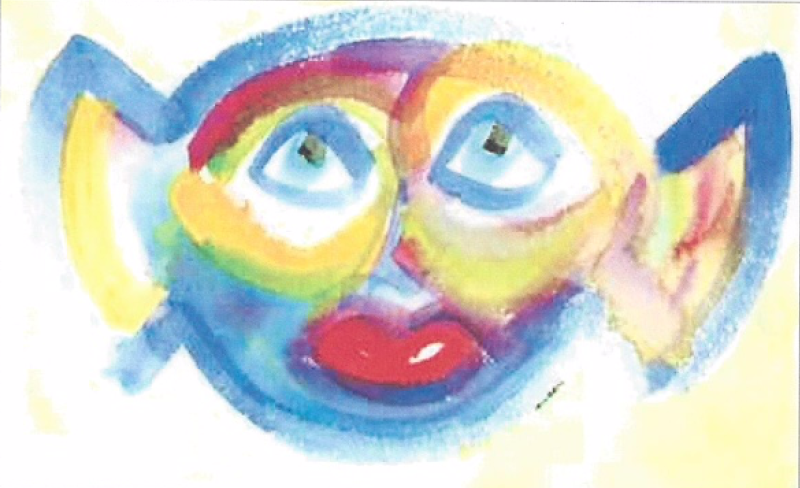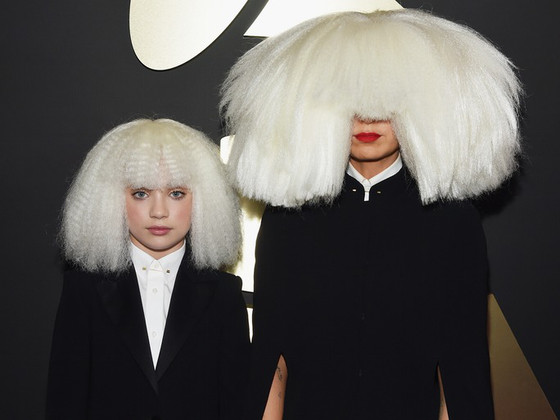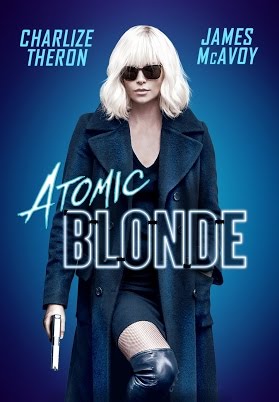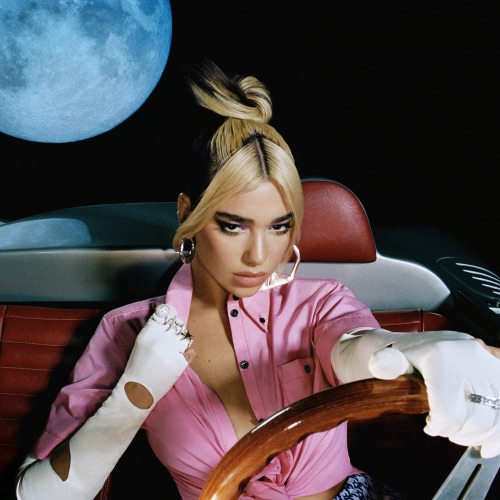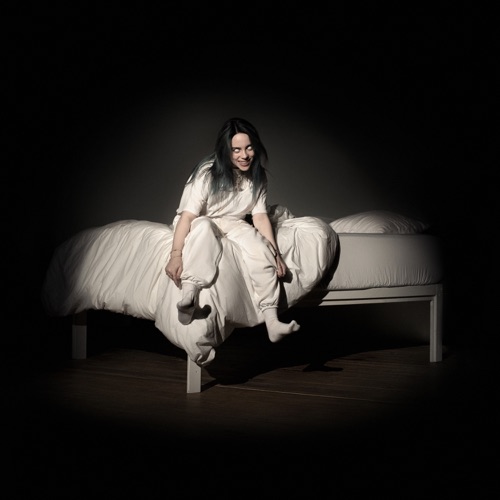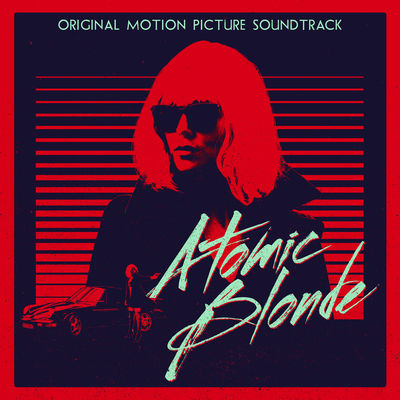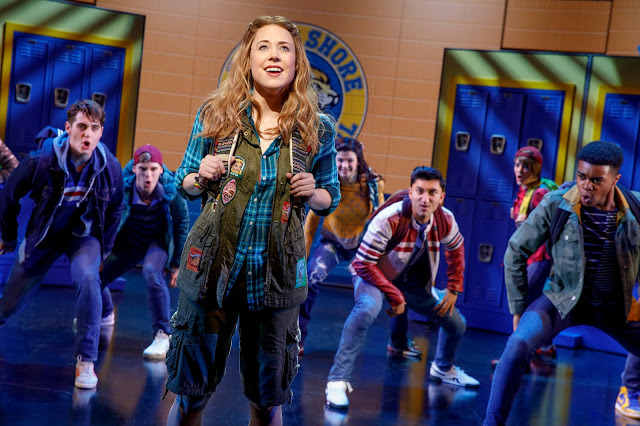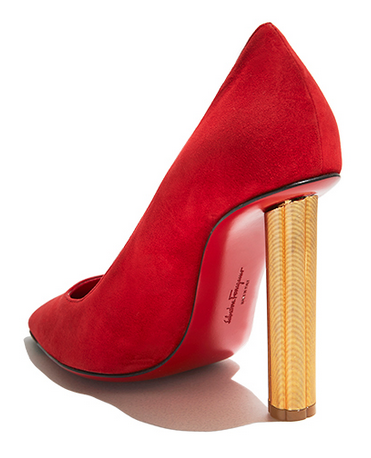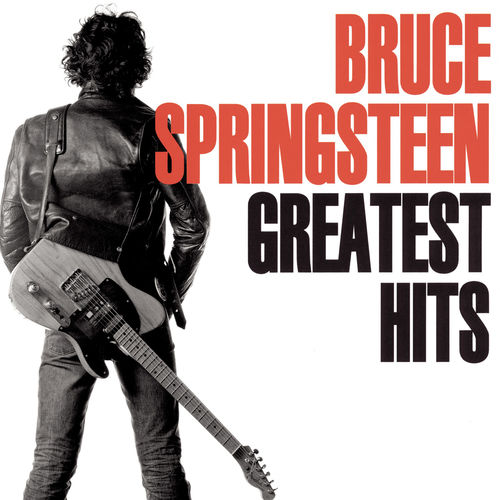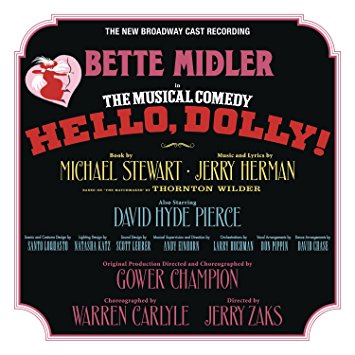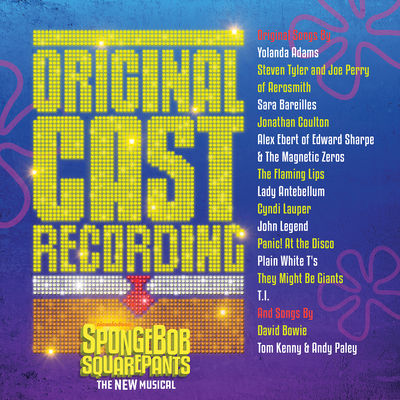‘LOBBY HERO’ - KENNETH LONERGAN’S TANGLED MORALITY PLAY AT THE RENOVATED HAYES THEATRE
 Sunday, June 17, 2018 at 5:46PM
Sunday, June 17, 2018 at 5:46PM  Chris Evans and Michael Cera
Chris Evans and Michael Cera
HENRY EDWARDS - New York - March 26, 2018
To what extent may you lie in an effort to protect someone you care for? Is loyalty more of a virtue than honesty? Could loyalty be just another word for corruption? Is it dishonest to simply keep your mouth shut?
Those are the questions you will be pondering during and after the first Broadway production of the 2001 Off Broadway comedy-drama, “Lobby Hero,” by Kenneth Lonergan, a recipient of the Academy Award for Best Original Screenplay for “Manchester by the Sea.”
Spring is barely underway and the weather has been uncharacteristically chilly – anywhere that is except in the heart of the theatre district where everything was bursting into vivid bloom.
As it approaches its fortieth anniversary, Off Broadway’s Second Stage Theatre has just launched its new Broadway home, the renovated 597-seat Helen Hayes Theatre, with “Lobby Hero” as its debut production.
Designer David Rockwell is responsible for the splendid renovation, somehow amazingly intimate and grand at the same time. In startling contrast to the plush crushed velvet seats in the audience, he has also designed the set for the play, a dreary, impersonal, and nondescript apartment building lobby midtown on the West Side.
Playwright Lonergan has created four characters we all recognize, Bill (Chris Evans, Captain America himself), a savvy, arrogant and morally compromised cop; Jeff (Michael Cera), the building security guard and a sad-sack slacker who can’t stop talking; rookie cop Dawn (Bel Powley), who hero worships her handsome partner; and Jeff’s boss William (Brian Tyree Henry), a stickler who is facing a mess of a moral dilemma.
Lonergan’s marvelous writing and Trip Cullman’s incisive direction transforms them into anything but types. They are fully, painfully human and very funny.
The playwright’s efforts can be categorized as highly realistic and devoted to representing the language as well as the experience of characters thrust to the margins of society by age or social status. His work emphasizes character and situation over plot and the world of Lonergan’s characters is a poignant one. And speak of “Lobby Hero,” even the more corrupt of his characters appear lost rather than malicious, and good intentions certainly do not guarantee favorable results.
William is a by-the-book boss who finds, in Jeff, someone with potential but also someone who bothers him with his incessant joking and only moderate attention to his duties. In a rare moment of candor, William reveals to Jeff that his brother has been arrested for murder, the culmination of a life misspent in the cracks of the city.
Enter two beat cops, Bill and his youthful partner Dawn. Bill is a veteran cop, poised to move off the beat and into the gold shield of a detective. He's got his own way of doing things and isn't afraid to bend a rule here or there. His most valued commodity is a partner who has his back, no matter the moment.
Dawn idolizes Bill, and it could easily be love. There are hints that even now that after only three months on the job, they’ve fooled around with each other.
Jeff is taken with Dawn, who has to wait in the lobby while Bill visits the woman in 22J, a woman who Jeff says "has lots of boyfriends." It's clear that Bill is making sexual hay with the hooker with some regularity.
Dawn, of course, is crushed with the knowledge that her partner, both on the job and hopefully off, would engage in such spurious behavior, either while on duty or off.
Spoiler alert: William confides to Jeff that his brother has created an alibi that has him joining William at a movie at the exact moment the murder has occurred. Despite his profound allegiance to the truth, William confesses he is considering the idea of confirming his brother's alibi.
Bill, ever the big man on the beat, assures William that he will vouch for his honesty and help the security chief establish the alibi that will free his brother.
Many twists and turns ensue as Jeff turns from spineless laggard to a man whose honor becomes something more than just a word; Dawn turns from ingénue cop into a fierce protector of both her honor and the honor of the uniform; William becomes a man who is living with a lie and who finds that there is satisfaction in dishonor; and Bill, who parades like an honorable cock of the walk, proves that his sense of honor is only a mirage and as flimsy as a leaf in a storm.
But nothing has ultimately been resolved. In a gray world where everything is colored gray, Bill has demanded that Dawn satisfy him sexually. Sexually abused by her partner and intimidated by the fact that she’s a lone woman in a macho male world, does do what’s right by violating a confidentiality offered by a friend?
Did Jeff blab William’s secret to Dawn in order really to help her or score points with her?
William is concerned for his brother, but he fires a sleeping security guard who is within two years of retirement.
Dawn asks Jeff, “How do you know if you’re doing right or wrong?”
He replies: “I don’t know. I never tried to do anything before.”
“Lobby Hero,” poignant, melancholic and often quite funny, presents a world in which racism, sexism and economic inequality color and sometimes make the rule.
"I just don't want to be one of those pathetic guys in lobbies who are always telling you about their big plans to do some kind of shit you know goddamn well they're never going to. I'd rather just be in the lobby and just be in the lobby. To tell you the truth, sometimes I feel like I was worn out the minute I was born," says Jeff.
Michael Cera plays Jeff with great comedic timing and earnest restlessness. Making a terrific Broadway debut, Chris Evans is an impressively powerful Bill. Bel Powley is tough but appealingly vulnerable and Brian Tyree Henry exudes compassion as William.
It’s a terrific production of a wonderful and quirky play.
Welcome to Broadway, Second Stage. You have every reason to be very proud.
 Michael Cera and Brian Tyree Henry For information about future productions visit: 2ST
Michael Cera and Brian Tyree Henry For information about future productions visit: 2ST

